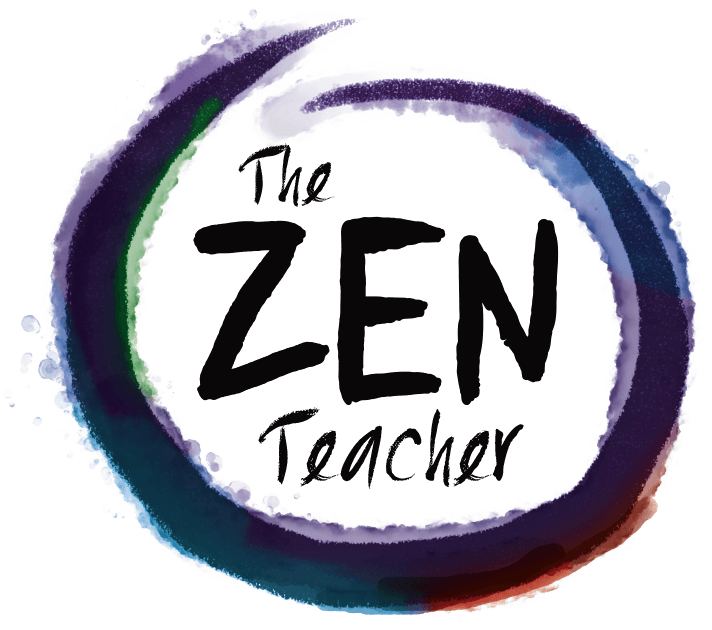In the next few days I formulated a handful of theories:
- As many have said, he gave a voice to those who felt different, apart, detached, and “other.” And this included me.
- He had always been a part of my life and his passing irrevocably changed the social/cultural landscape of my entire existence.
- I recognized his gifts and talents as an artist and how he changed the world we live in through his commitment to his art, his audience, and his vision.
- He was a part of a Rock ‘n’ Roll Royalty that is getting older and passing on; artists the likes of which we will never see again.
- His various personas seemed so alien, so “other-worldly,” that the realization that he was a man, a human, and subject to the ravages of something as real and normal and “Earthly” as cancer seemed unthinkable, and so his death seemed, well, simply not possible.
- And finally, as someone very close to me pointed out, at fifty-two I was also reminded of my own impending mortality.
In days following his death, I read the posts, perused the articles and essays, played his songs (Space Oddity, a personal favorite, I played multiple times, never having once before realized what a profound metaphor it is for death), and I was reminded of what an intelligent, wise, and deeply caring artist we had lost. But I came across one bit of Bowie trivia that, from the perspective of practicing a Zen Teacher lifestyle, absolutely blew my mind.
In surfing the net, I found out that David Bowie once answered a series of questions known as The Proust Questionnaire (think of the questions that James Lipton asks his guests at the end of every episode of Inside The Actor’s Studio). As you might expect, his answers were thoughtful and profound, but they were just as often both unpredictable and even funny. For example:
What person do you most admire? Elvis.
What person do you most identify with? Santa Claus.
What’s your greatest fear? Converting kilometers to miles.
And of course there was the response that warmed this English teacher’s heart:
What is your idea of perfect happiness? Reading.
But later in the questionnaire he was asked, “What is your motto?”
A very simple and straightforward question. However, Bowie’s response was anything but.
When asked “What is your motto?” Bowie responded, “What IS my motto.”
Mind blown.
Let me unpack my interpretation here a bit: If you are–as Bowie was–a person who makes mindful choices about how you want to live your life, what and who you want in it, and how you’d like to be seen by the world, and aren’t particularly concerned about whether or not everyone “gets” your path, then “What” is always an operative question.
No matter what the situation, Bowie seems to be saying that there are “What” questions that can help you figure out where you are, who is on your side, and how to find your way:
What do I want?
What are the steps to get there?
What happens if I do THIS?
What does this mean?
What will I do next?
What is important?
What are implications?
What are the consequences?
What value system do I subscribe to?
What can I do without?
What difference does it make?
What kind of support am I getting from others?
In fact, the list of “What” considerations is endless and they result in mindful reflections on who we are, what we want, and where we’re headed. And it took a man with orange hair, an alien gleam in his eye, and a skill with words, thoughts, and a six-stringed guitar to point that out to me.
David Bowie’s contribution to the world of art and music was an inspiration to me. And now I see that along with enjoying the songs, I still have so much to learn from The Thin White Duke, from Ziggy Stardust, from The Man Who Fell To Earth, and even from Major Tom, if only how to die with grace and dignity.
And by employing the position that “What IS my motto,” I have a better chance of getting grounded again, if I ever find myself “floating in a most peculiar way.” TZT
